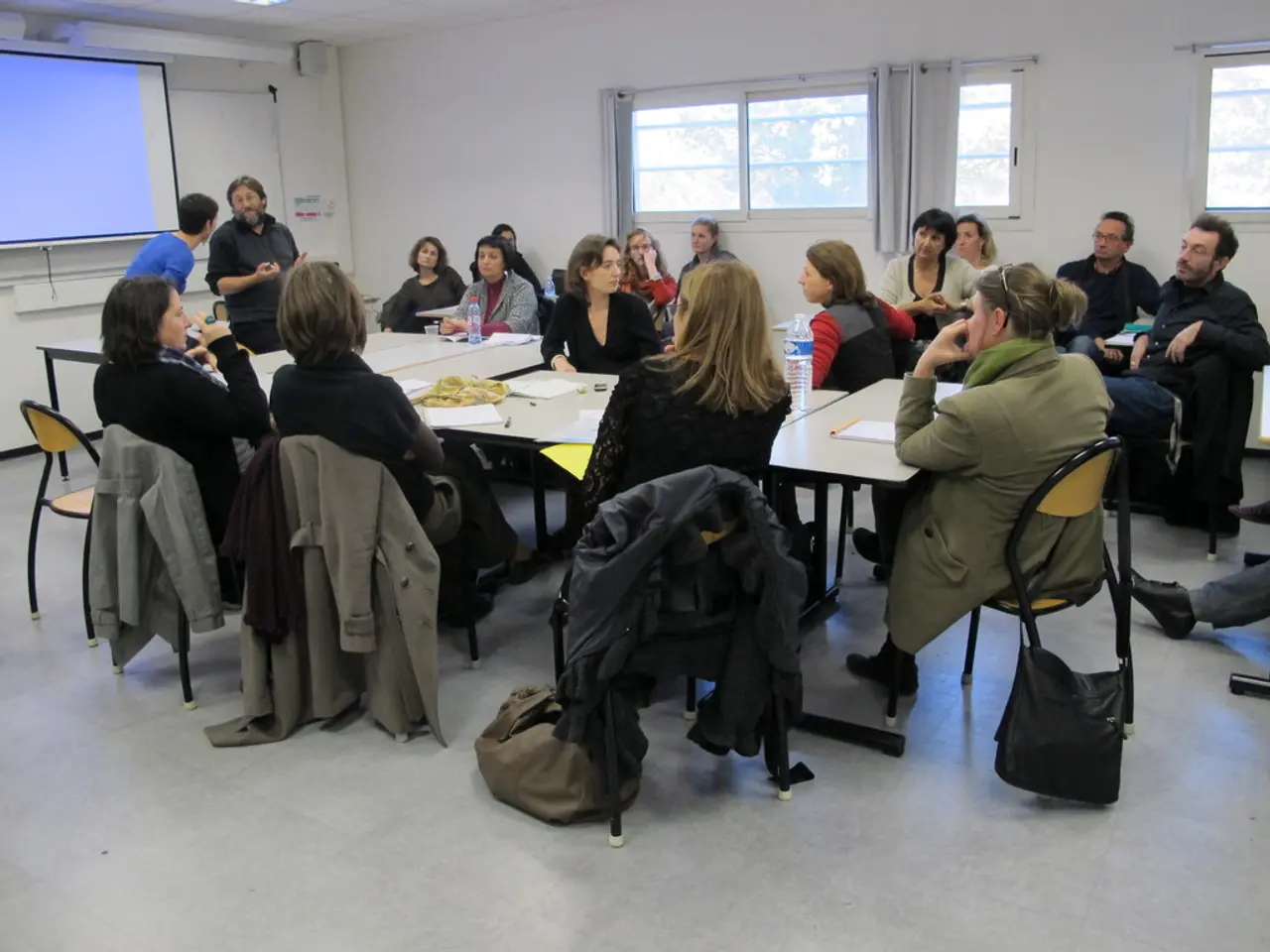Unity Over Hostility
The Lower Saxony-Israel Research Cooperation has taken a significant step towards promoting peace and understanding with a new project aimed at reducing hostilities between groups and fostering positive contacts in the Israel-Palestinian conflict. The project, titled "Using Self-Affirmation to Reduce Intergroup Hostility and Facilitate Intergroup Contact in the Israel-Palestinian Conflict," brings together working groups from Leuphana University of Lüneburg and the Hebrew University of Jerusalem. Professor Eran Halperin from the Department of Psychology at the Hebrew University and Dr. Timur Sevincer from the Institute for Sustainability Psychology at Leuphana University are leading this collaborative effort. The project values the diverse backgrounds of family, religion, culture, and academia, recognising that these perspectives can provide an external viewpoint essential for overcoming barriers. Professor Halperin aims to develop measures that can be effectively implemented in various contexts, with different groups, and in different political situations. The interventions will focus on appealing to one's own core values and encouraging a change of perspective, using positive examples of reconciliation. They will target individuals with negative attitudes towards conflicts, such as Israeli-Palestinians, German extremists, religious Muslims, and pro-Palestinian/Israeli students in the USA. The project aims to strengthen one's own ego, promote contacts between groups, and counteract fears and feelings of one's own threat. In social psychology, Sevincer explains, we distinguish between in-groups and out-groups. Identification with the in-group leads to the attribution of more rationality and moral behaviour to it than to out-groups. The interventions will seek to address this bias and foster empathy and understanding between groups. The project involves eight studies in four different contexts. Sevincer's research focus includes the topic of self-regulation, which will be integral to the development of the interventions. Dr. David Sherman, an expert in self-affirmation from the University of California in Santa Barbara, is also part of the Lower Saxony-Israel cooperation, contributing his expertise to the project. The project is part of a long-standing tradition of scientific exchange between Lower Saxony and Israeli universities, supported by the ministry of Science and Culture in Lower Saxony and the Volkswagen Foundation since 1977. The funding amounts and durations of existing projects have been increased and extended due to the war situation following a brutal terrorist attack by Hamas on October 7, 2023. The exact timing when the research group applies the psychological interventions they develop is not specified in the available search results. However, the potential impact of this project on promoting peace and understanding in the Israel-Palestinian conflict cannot be understated. The project teams hope that the video interventions for use on social media platforms like Instagram or TikTok will reach a wide audience and make a significant contribution to reducing hostilities and fostering positive contacts.
Read also:
- Is it advisable to utilize your personal health insurance in a publicly-funded medical facility?
- Dietary strategies for IBS elimination: Aims and execution methods
- Benefits, suitable dosage, and safety considerations for utilizing pumpkin seed oil in treating an overactive bladder
- Harmful Medical Remedies: A Misguided Approach to Healing




